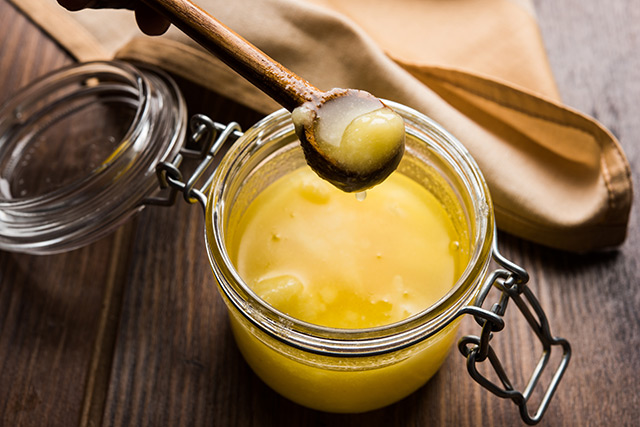
Ditch harmful VEGETABLE OILS for these healthy substitutes
Industrial seed and vegetable oils are harmful to your health, and these products are long entrenched in the market. However, there are substitutes you can use to replace these harmful oils in your cooking. But how exactly do industrial seed and vegetable oils undermine your health?
According to a study published in the journal Open Heart, the linoleic acid in vegetable oil is the culprit as it easily oxidizes and turns into oxidized linoleic acid metabolites (OXLAMS). These OXLAMS induce atherosclerosis and heart disease, so it follows that reducing vegetable oil consumption would also reduce the amount of OXLAMS being formed.
But there’s no need to fret, as registered nutritionist Kerry Torrens shares several alternatives to seed and vegetable oils that offer extra health benefits for you and your family.
Avocado oil
Pressed from the fruit of the avocado tree, this oil is often likened to olive oil. It is rich in monounsaturated fatty acids (MUFAs), especially oleic acid, which increases the oil’s stability at high temperatures. A study published 2019 in the journal Molecules stated that almost 70 percent of avocado oil consists of heart-healthy oleic acid, a monounsaturated omega-9 fatty acid.
The high smoke point of both refined and unrefined avocado oil makes it ideal for cooking. Its subtle flavor also allows other ingredients in your recipe to shine through.
Olive oil
Olive oil is made from the juice of the olive fruit and is known for its many health benefits from protecting you against heart disease to reducing your risk of developing Type-2 diabetes. Oleic oil, the predominant MUFA found in olive oil, is thought to be 50 times less likely to oxidize than linoleic acid – the predominant polyunsaturated fatty acid (PUFA) found in vegetable oils, like corn oil and sunflower oil.
Virgin olive oil is a good cooking oil for temperatures between 356 F and 374 F. Aside from imparting a unique flavor to your dishes, virgin olive oil contains antioxidants such as vitamin E and more.
However, extra virgin olive oil (EVOO) is reported to have the lowest oxidation rate of any cooking oil. EVOO is made from pure, cold-pressed olives and is an ideal choice when cooking at home – but be wary of overheating it as it has a low smoking point.
Watch certified nutritionist and naturopathic physician Dr. Bruce Fife explaining why vegetable oils are bad for you.
Source: Ditch harmful VEGETABLE OILS for these healthy substitutes
